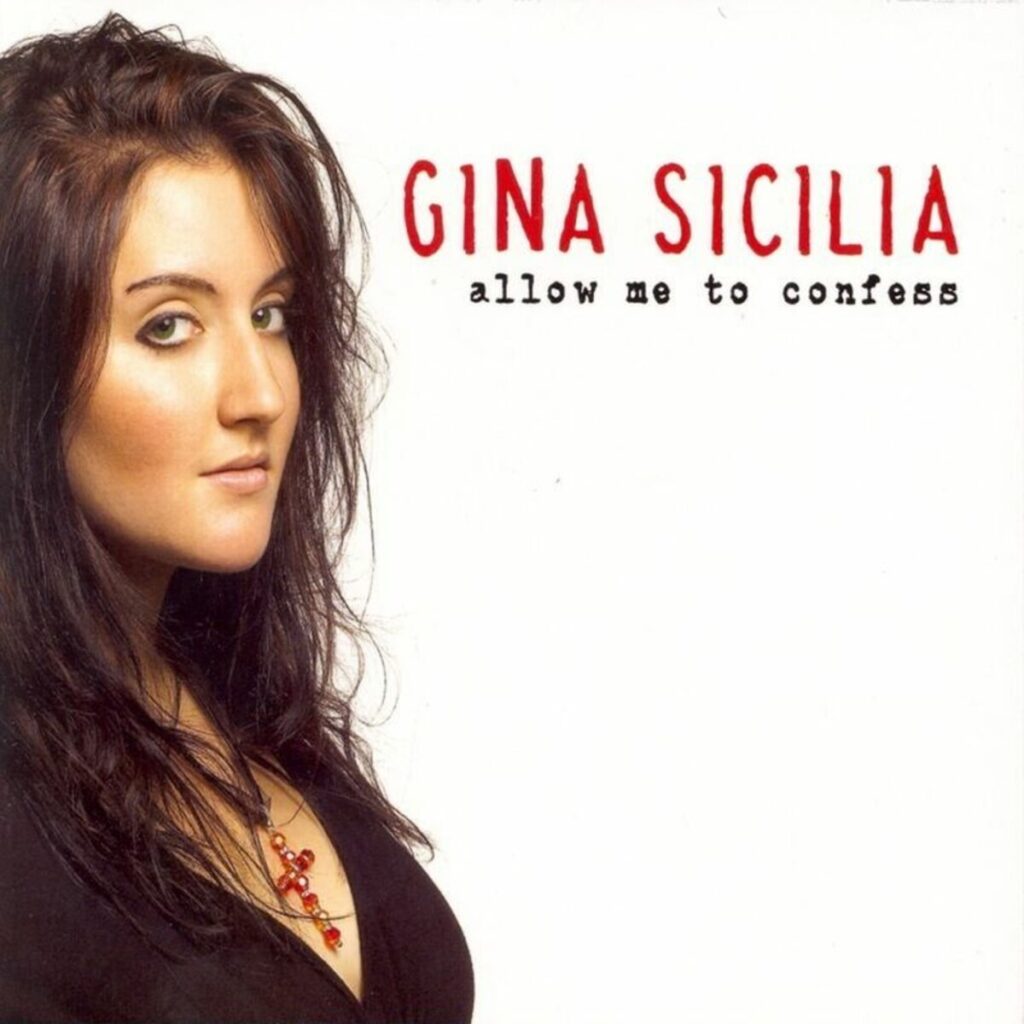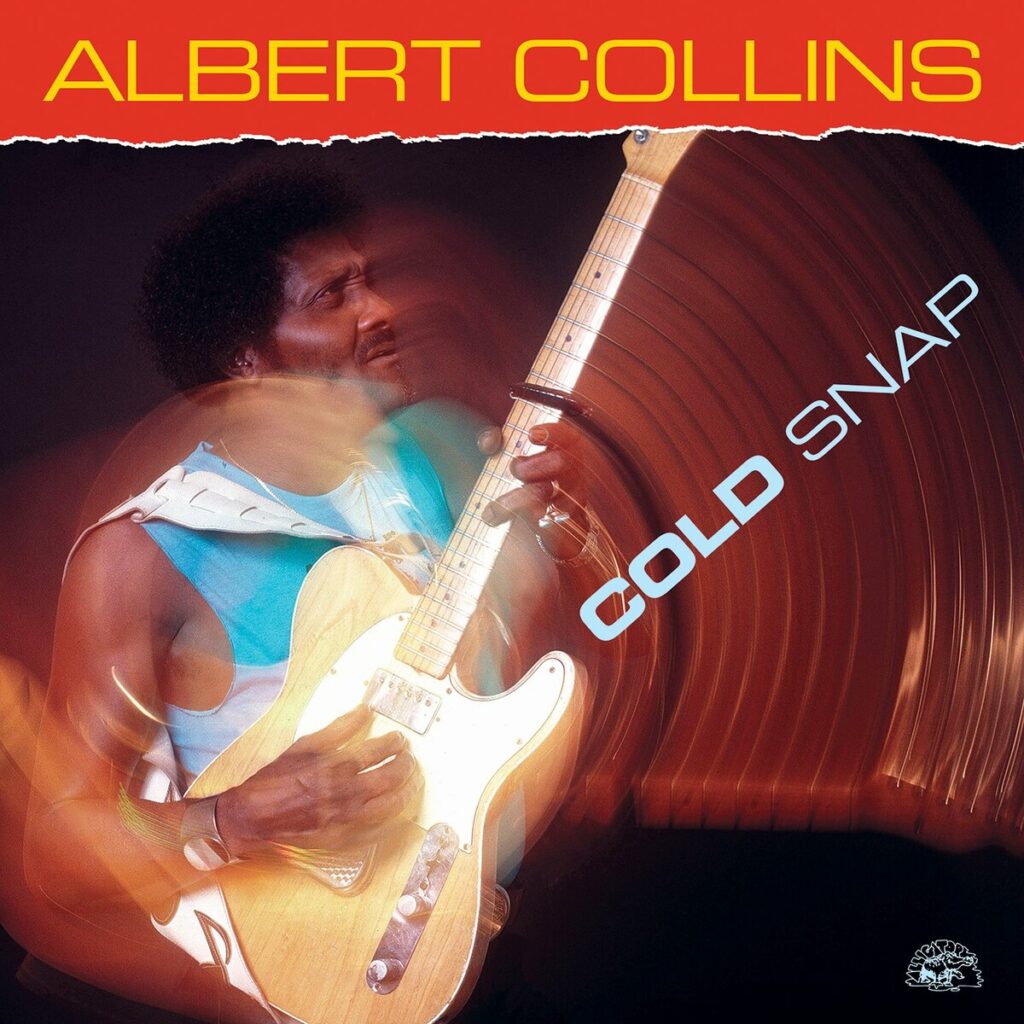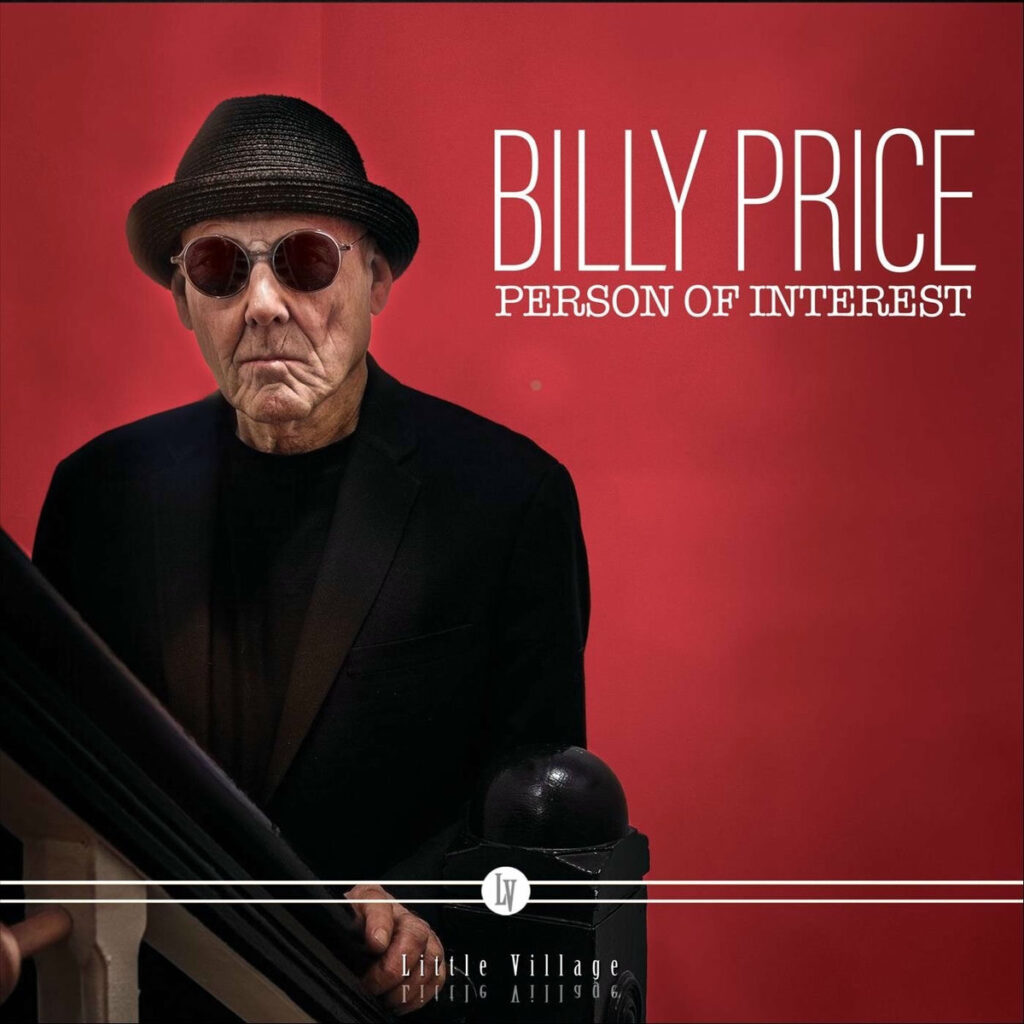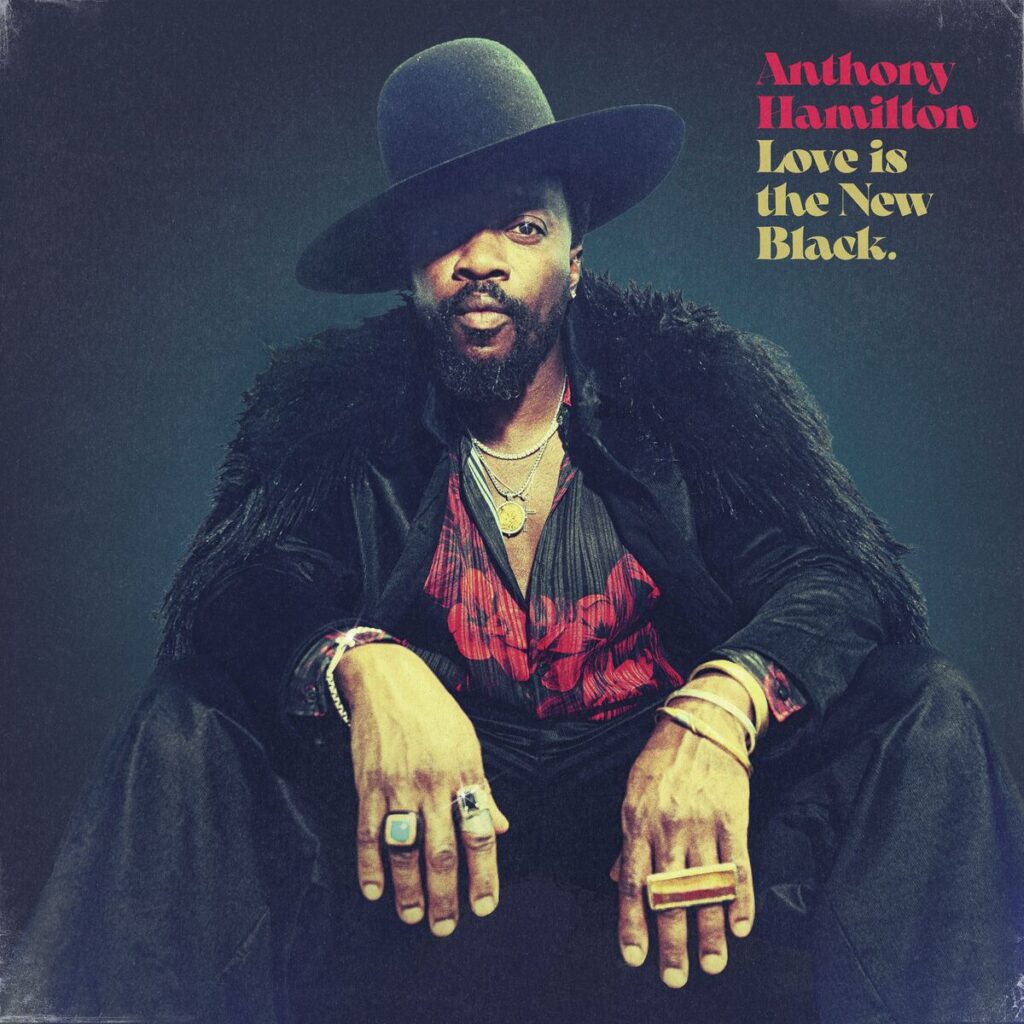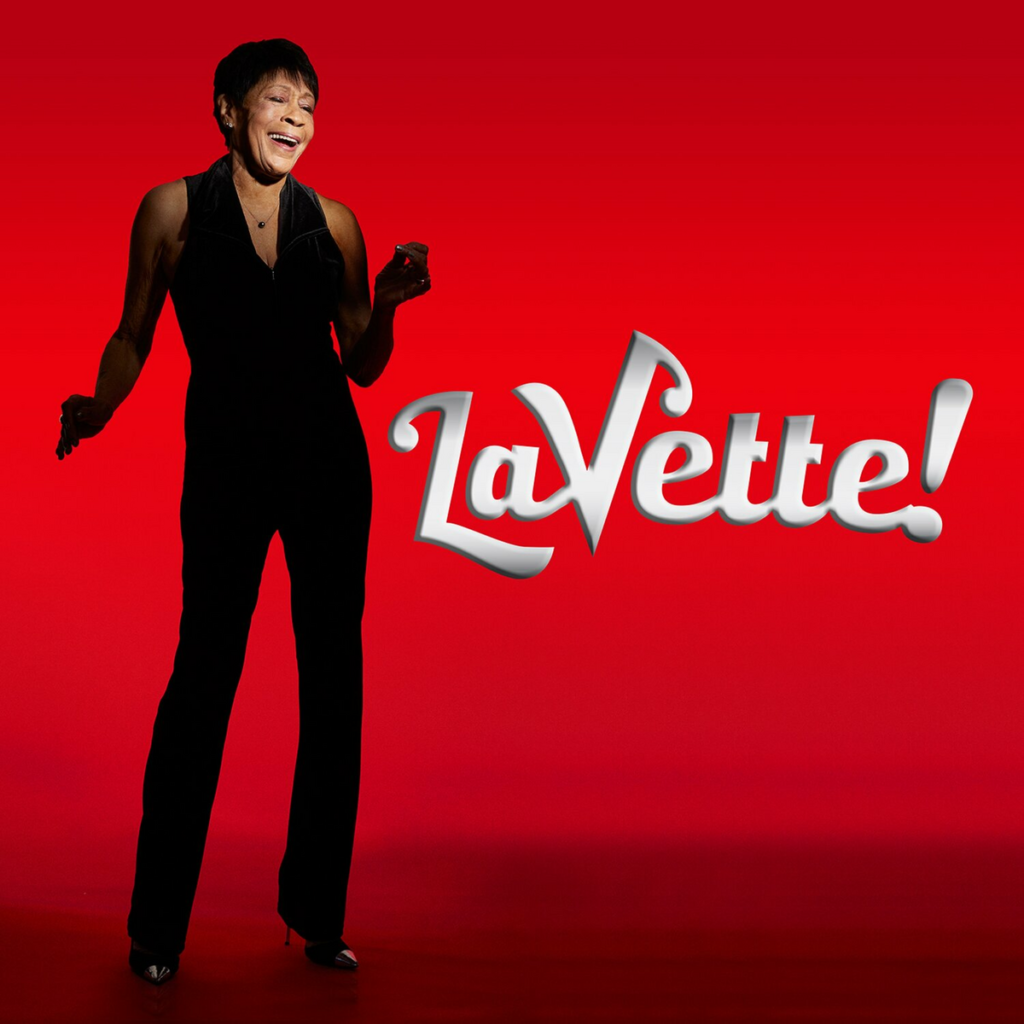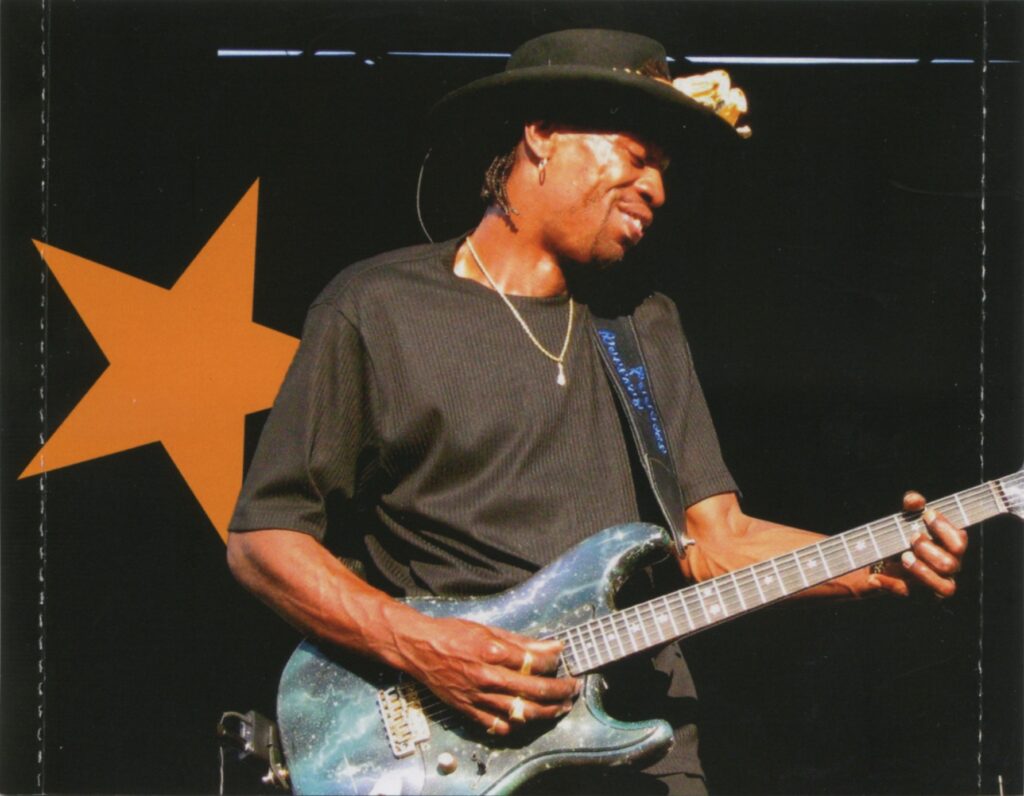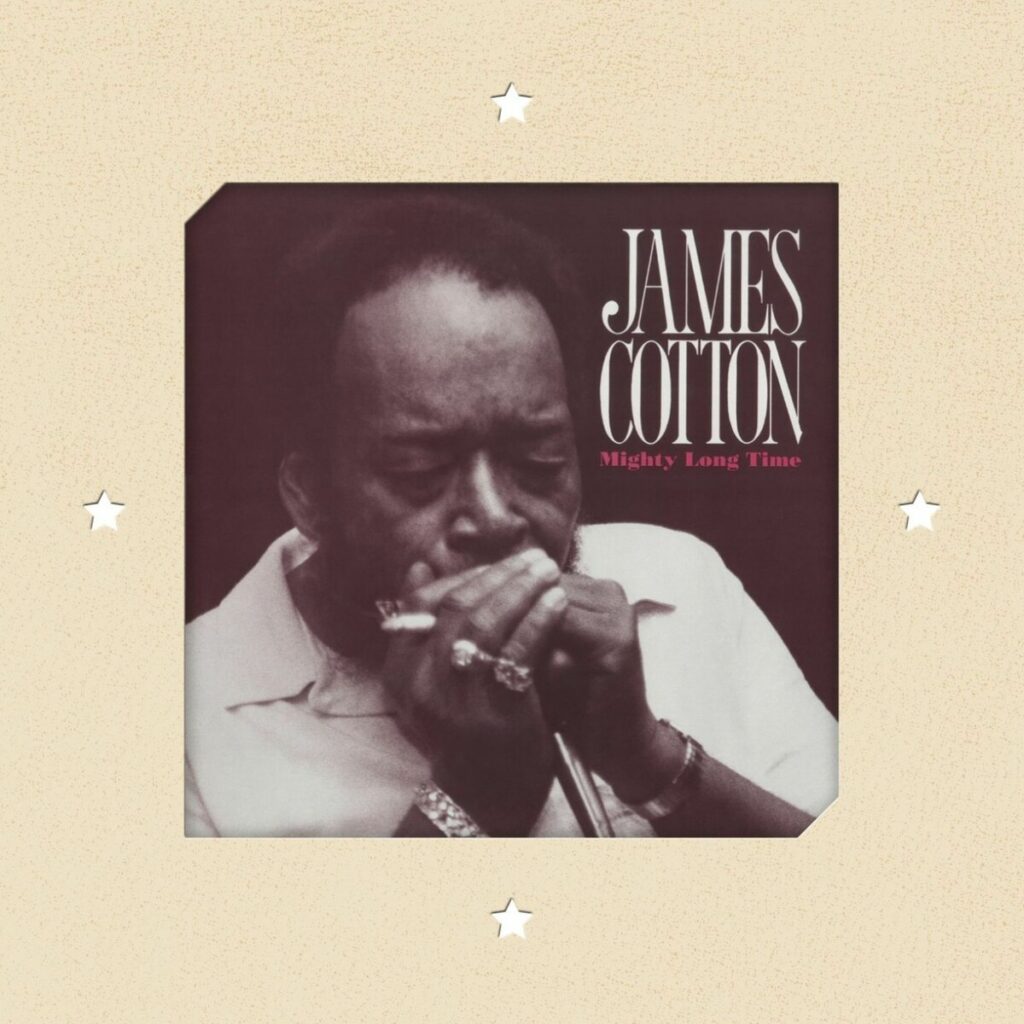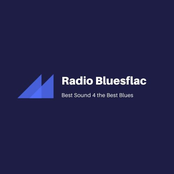Shemekia Copeland
1. Artist Header
Artist name: Shemekia Copeland
Country / region: United States
Active years: 1990s–present
Primary role(s): Singer, songwriter
2. Overview
Shemekia Copeland is an American singer whose work is associated with blues and contemporary blues styles. She began recording professionally in the late 1990s and has released multiple albums under her own name. Copeland has maintained an active recording and touring career and performs internationally.
3. Style and Genre (Established Terms Only)
Primary genres:
-
Blues
Associated styles:
-
Contemporary blues
-
Electric blues
-
Soul blues
Instrumentation:
-
Vocals
-
Ensemble band arrangements (guitar, bass, drums, keyboards, horns as applicable)
Notes:
Copeland’s recordings are vocal-centered and use blues-based song structures with modern production approaches. Her work aligns with post-1990s contemporary blues traditions.
4. Career Outline (Factual Timeline)
-
Began professional recording activity in the United States in the late 1990s
-
Released debut solo recordings before the age of twenty
-
Recorded albums for major and independent blues labels
-
Maintained an ongoing touring and recording presence through the 2000s, 2010s, and 2020s
5. Discography (AllMusic)
Studio Albums
-
Turn the Heat Up! — 1998
-
Wicked — 2000
-
Talking to Strangers — 2002
-
The Soul Truth — 2005
-
Never Going Back — 2009
-
33 1/3 — 2012
-
Outskirts of Love — 2015
-
America’s Child — 2018
-
Uncivil War — 2020
-
Done Come Too Far — 2022




